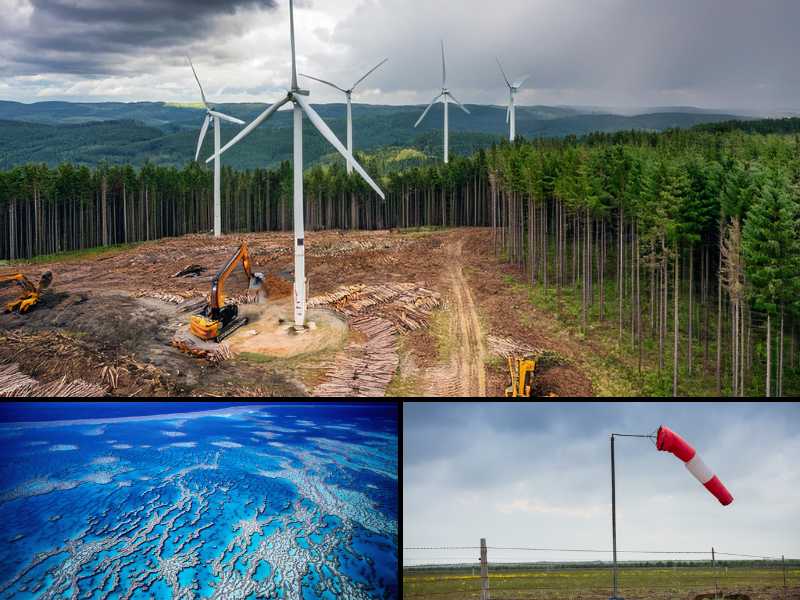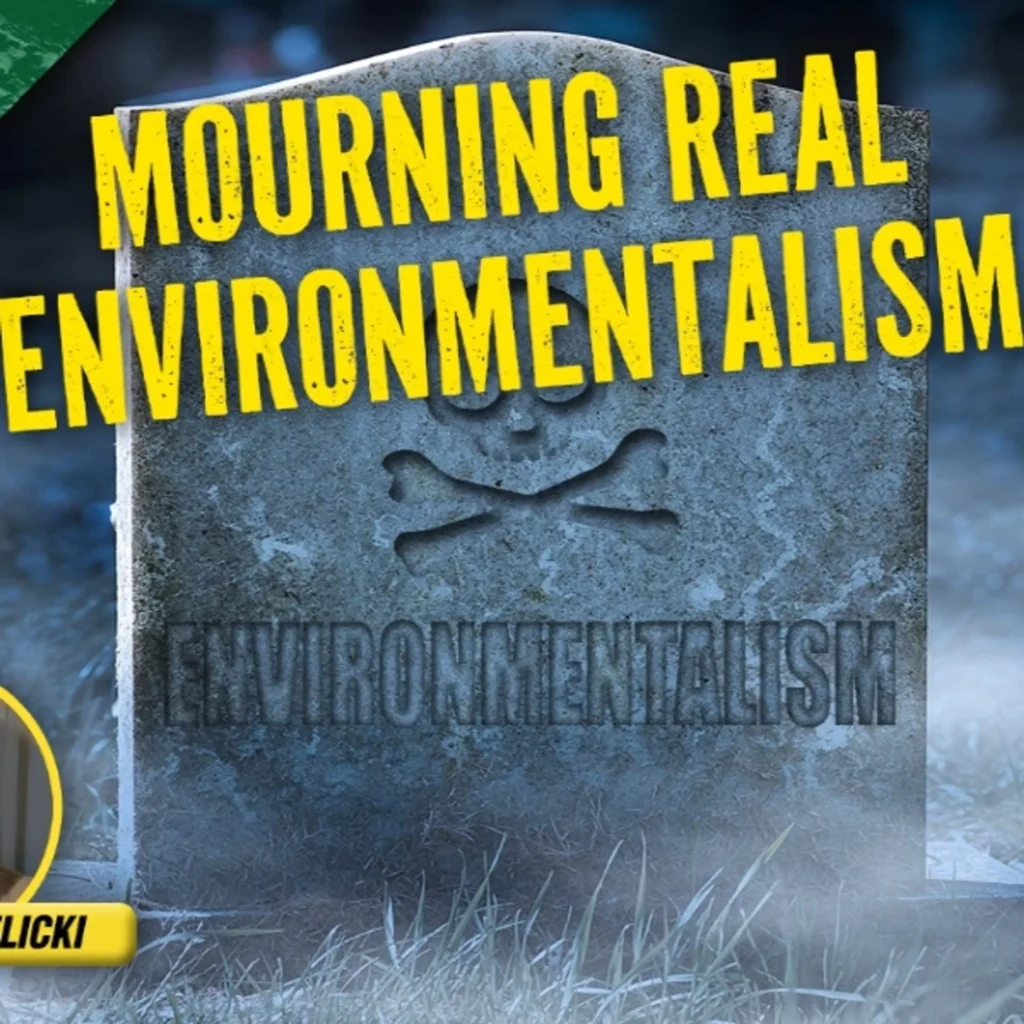Donald Trump’s views on climate change and energy production could hardly be more different than the positions taken by U.S. Sen. Bernie Sanders and former Secretary of State Hillary Clinton.
Trump, a climate skeptic, has said he will reverse the Obama administration’s “war on coal” and rescind the Environmental Protection Agency’s harmful regulations limiting Americans’ ability to access and use fossil fuels.
Trump doubts the claim humans are causing climate change, and says the policies enacted by the Obama administration to fight climate change are harming the United States. On Twitter, Trump has called the climate change theory a “con job,” a “canard,” a “hoax,” and a concept “created by and for the Chinese in order to make U.S. manufacturing noncompetitive.”
In a Sept. 21, 2015, appearance on the Hugh Hewitt’s radio show, Trump said, “I’m not a believer in man-made global warming. I mean, Obama thinks it’s the No. 1 problem of the world today, and I think it’s very low on the list … we have much bigger problems.”
In a questionnaire provided by the American Energy Alliance, Trump says he would review the Obama administration’s conclusion that carbon dioxide endangers public health and welfare and reverse policies such as the Clean Power Plan, bans on offshore oil and gas production, and new fracking regulations that impose unnecessary burdens on business while delivering little if any environmental benefit. Trump also says he would cut EPA’s budget dramatically and review all EPA regulations, eliminating many of them because, “Overregulation presents one of the greatest barriers to entry into markets and one of the greatest costs to businesses that are trying to stay competitive.”
By contrast, Sanders and Clinton want to double-down on Obama’s rules, ending the use of fossil fuels as quickly as possible to battle climate change, which Sanders calls “the single greatest threat facing our planet” and Clinton says is “an urgent threat and a defining challenge of our times.” Clinton and Sanders would end fossil-fuel subsidies while massively expanding subsidies and mandates for renewable energy use.
Clinton says she would enact policies that would result in the United States generating enough renewable energy to power every home in the country by the end of her first term, but she shows little recognition this four-fold increase in renewable electric power generation — completed in just four years — would require an even larger expansion of natural-gas-fired power plants. Natural-gas-fired power providers do most of the heavy lifting when intermittent wind and solar power are added to the grid.
Clinton and Sanders are split on fracking and the carbon dioxide tax. Sanders has committed to banning all fracking and imposing a carbon dioxide tax. Clinton would increase regulations related to fracking, but she would allow fracking operations to continue. Clinton also rejects the creation of a carbon dioxide tax.
In an ironic twist, Sanders and Clinton, who claim to be progressives primarily concerned for the welfare of the nation’s poor, support the most regressive energy policy there is: government support for wind and solar power, which radically increase the cost of energy. Solar panels, despite decades of development, still only convert about 20 percent of the sunlight they capture into electricity, resulting in solar power being among the most expensive, least reliable sources of electricity available today — costing four to five times the price of electricity generated by burning coal or natural gas.
Wind turbines are almost as unreliable as solar; they produce electricity only 30 percent of the time. In addition, solar and wind power development require hundreds of miles of transmission wires to ship power from isolated areas, where they work best, to major population centers that are often hundreds of miles away. And, because they are unreliable, every watt of solar or wind power must be matched by an additional watt of electricity from fossil fuels or a nuclear plant, adding unnecessary redundancy and additional costs to the electric supply. Since the poor spend a greater percentage of their income on energy compared to middle-income earners or the wealthy, the added costs of renewables amount to an energy tax on the impoverished among us.
While what Trump has said he would do on energy and climate is generally encouraging, the truth is based on his history of funding far-left politicians, including Clinton, one can hardly know what Trump will actually do concerning energy or climate. He’s a question mark. On the other hand, Sanders and Clinton have promised to expand on policies Obama has implemented that have contributed to a 30 percent rise in electricity prices since Obama took office, undermining our energy security.
What a choice.





